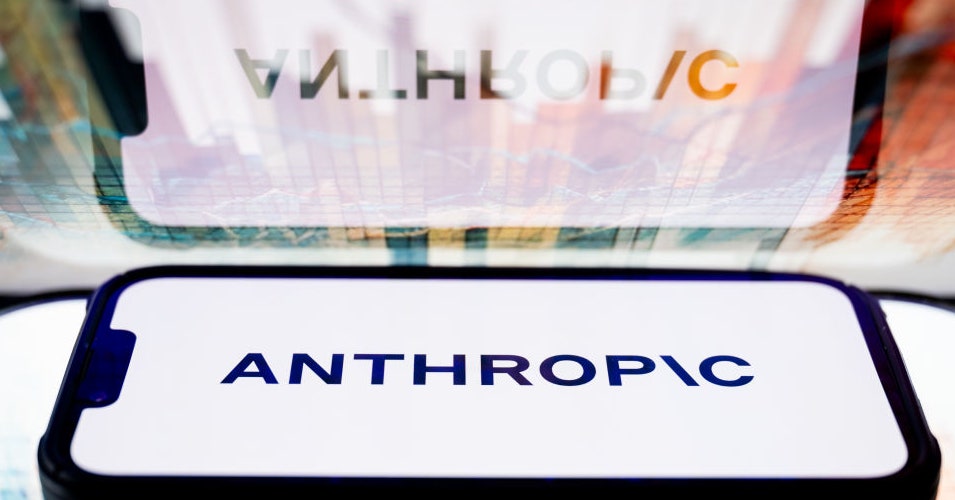Anthropic Achieves Major Victory in AI Copyright Case, Yet Must Go to Trial for Piracy Allegations

Anthropic has achieved a significant legal victory in an ongoing dispute regarding AI models and copyright, a decision that could impact numerous other AI copyright cases progressing through the U.S. legal system. A court has ruled that it was lawful for Anthropic to train its AI tools using copyrighted materials, asserting that this practice falls under the “fair use” doctrine, which permits certain unauthorized uses of copyrighted works.
“The training use was a fair use,” senior district judge William Alsup stated in a summary judgment order released late Monday evening. In copyright law, one of the key factors courts consider in determining whether an unauthorized use qualifies as fair use is whether the use is “transformative,” meaning it creates something new rather than serving as a substitute for the original work. “The technology at issue was among the most transformative many of us will see in our lifetimes,” Alsup remarked.
“This is the first significant ruling in a generative AI copyright case that thoroughly addresses fair use,” comments Chris Mammen, a managing partner at Womble Bond Dickinson specializing in intellectual property law. “Judge Alsup concluded that training a large language model (LLM) qualifies as transformative use—even in cases of considerable memorization. He specifically dismissed the claim that human reading and memorization processes differ fundamentally from the training methods employed by computers.”
The case is a class action lawsuit initiated by authors who claimed that Anthropic infringed upon their copyright by using their works without authorization, first filed in August 2024 in the U.S. District Court for the Northern District of California.
While Anthropic is the first AI firm to win such a legal battle, the victory carries a significant caveat. Although Alsup ruled Anthropic’s training constituted fair use, he stated that authors could pursue a trial concerning the pirating of their works.
Despite eventually transitioning to train on purchased copies of books, Anthropic initially amassed a vast library of pirated content. “Anthropic downloaded more than seven million pirated book copies, incurring no costs, and retained these pirated versions in its archives even after opting not to use them for training its AI (either at all or in the future). Authors contend that Anthropic should have compensated for these pirated library copies. This order concurs,” Alsup notes.
“We will have a trial regarding the pirated copies used to establish Anthropic’s central library and the associated damages,” the order concludes.
Anthropic was unable to provide an immediate comment, and the plaintiffs’ attorneys opted not to comment.
The lawsuit, Bartz v. Anthropic, was initiated less than a year ago; Anthropic sought summary judgment on the fair use issue in February. It’s noteworthy that Alsup has considerably more experience with fair use issues than the average federal judge, having presided over the initial trial in Google v. Oracle, a pivotal case concerning technology and copyright that ultimately reached the Supreme Court.
